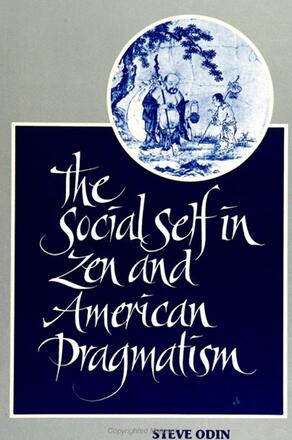
The Social Self in Zen and American Pragmatism
Alternative formats available from:
This is the first book on East-West comparative thought to critically analyze the Zen Buddhist model of self in modern Japanese philosophy from the standpoint of American pragmatism.
Description
The thesis of this work is that in both modern Japanese philosophy and American pragmatism there has been a paradigm shift from a monological concept of self as an isolated "I" to a dialogical concept of the social self as an "I-Thou relation," including a communication model of self as an individual-society interaction. It is also shown that for both traditions all aesthetic, moral, and religious values are a function of the social self arising through communicative interaction between the individual and society. However, at the same time this work critically examines major ideological conflicts arising between the social self theories of modern Japanese philosophy and American pragmatism with respect to such problems as individualism versus collectivism, freedom versus determinism, liberalism versus communitarianism, and relativism versus objectivism.
Steve Odin is Associate Professor in the Department of Philosophy at the University of Hawaii, Manoa. He is the author of Process Metaphysics and Hua-Yen Buddhism: A Critical Study of Cumulative Penetration vs. Interpretation, also published by SUNY Press.
Reviews
"Odin makes an impressive case for the claim that the Chicago School pragmatism of George Herbert Mead provides the most adequate version of the 'social turn' in Western philosophy and thereby the best basis for understanding the self of modern Japanese Buddhist thought, especially Zen, which has undergone its own social turn. Odin then shows how Mead's 'social self' provides an illuminating basis for intercultural dialogue on such issues as individualism and groupism, freedom and determinism, universalism and relativistic particularism, mind and body, and humanity and nature. This is first-rate intercultural philosophy." — David Ray Griffin, School of Theology at Claremont Graduate School
"The exceptional achievement of Steve Odin involves his having marshalled an enormous amount of extremely apposite data, focusing on the notion of the social character of the self, and his adroit and ingenious use of this material in a manner which allows the reader to move in a variety of distinct directions in order to assay important implications of the 'paradigm shift' away from the Enlightenment's 'atomistic self' and toward the 'social self' of American pragmatism and modern Japanese philosophy." — David L. Hall, The University of Texas at El Paso